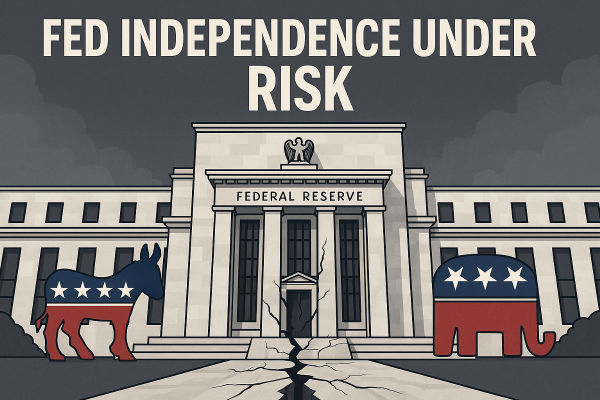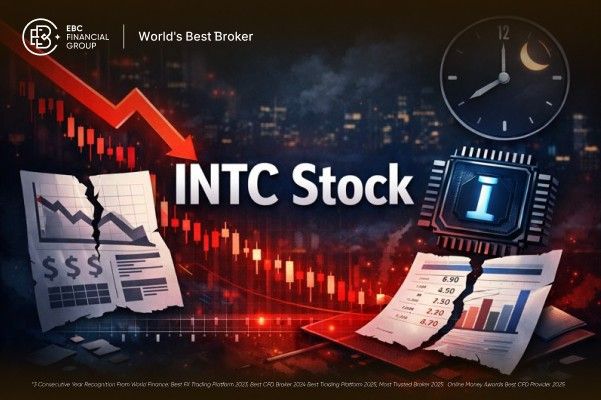Forex analysts are professionals specialize in the analyzing the forex market. They help investors and traders make more
intelligent forex trading decisions by studying and analyzing
macroeconomic data, Market trends, technical indicators, fundamentals, and other
factors. The work of forex analysts includes but is not limited to
analyzing market trends, predicting currency exchange rate fluctuations, writing
market reports and analyses, providing trading advice and strategies, etc. They
need to master various analytical tools and techniques, such as technical
analysis, fundamental analysis, chart pattern analysis, etc., as well as have
keen observation and market insight. The goal of forex analysts is to
provide investors with accurate market information and advice, helping them
achieve better investment returns in the forex trading market.

Forex Analyst Job Reposibilities
1. Market Analysis
Forex analysts analyze macroeconomic data, political events,
Market trends and expectations, and other factors that affect currency exchange
rates. They use a variety of analytical tools and methods, such as technical
analysis, fundamental analysis, and sentiment analysis, to predict market trends
and currency exchange rate changes.
2. Reporting and Research
Forex analysts write market reports and research articles,
providing analysis and suggestions on current and future market trends. These
reports typically include interpretations of economic indicators, political
events, and market dynamics, as well as trading advice and strategies for
investors.
3. Transaction Suggestions
Forex analysts provide trading advice and strategies to help
investors make more informed trading decisions. They provide advice on buying or
selling currency pairs based on their own analysis and predictions and provide
trading parameters such as stop-loss and profit targets.
4. Market Monitoring
Forex analysts closely monitor market trends and events and update
their analysis and forecasts in a timely manner. They need to continuously track
market trends, observe price changes and trading volume, and identify potential
market opportunities and risks.
5. Customer Communication
Forex analysts communicate with investors, traders, and
institutional clients, answer their questions, provide market insights and
suggestions, and provide support on investment strategies and transaction
execution.
In essence, forex analysts analyze the forex market and offer investors relevant market research, trading advice, and strategies. By gaining a deep understanding of economic and market dynamics, they assist investors in making informed decisions and achieving better investment returns.



























